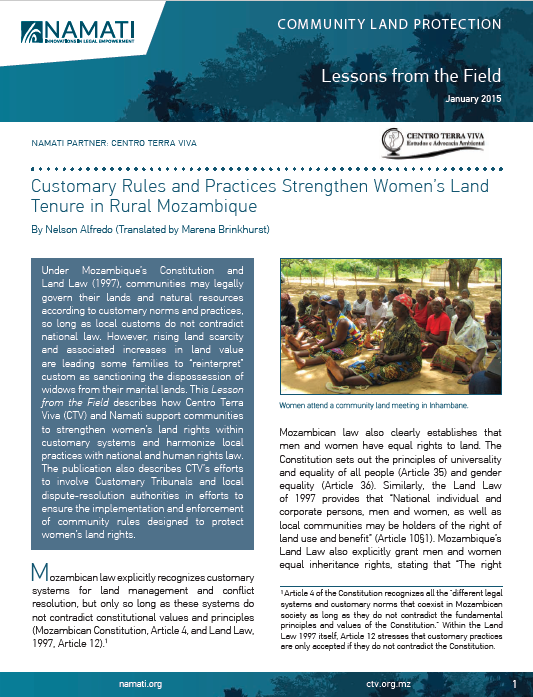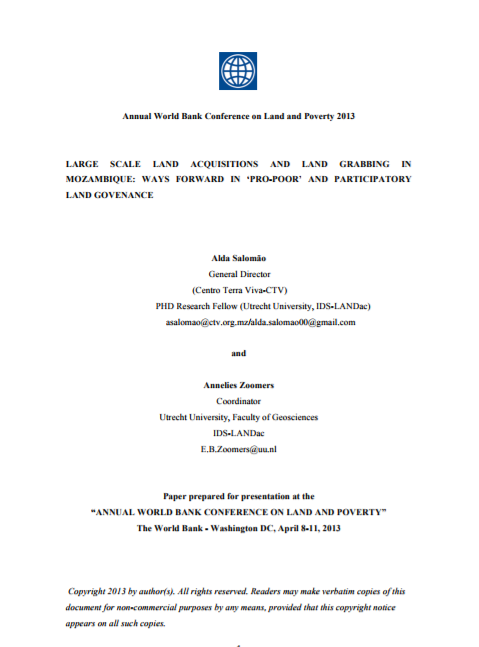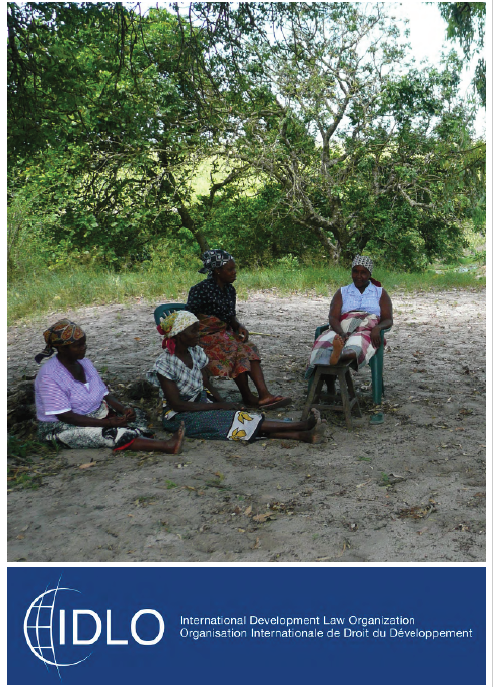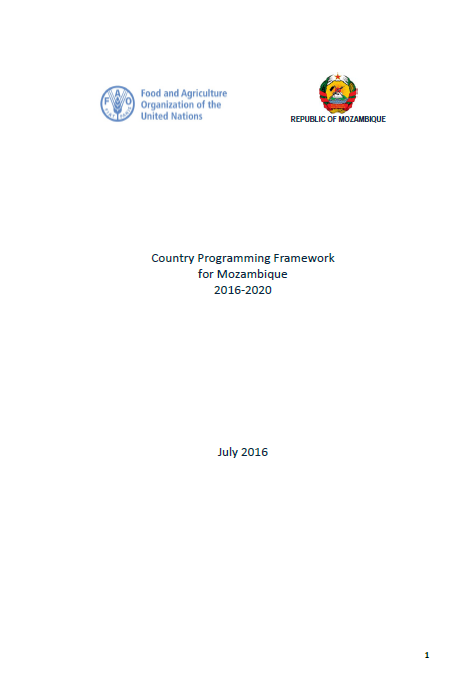Défense des droits communautaires : enseignements tirés d’un projet de gaz naturel au Mozambique
Ces dix dernières années, le Mozambique est devenu une cible privilégiée de la ruée mondiale vers les terres. Les investissements croissants dans les secteurs de l’exploitation minière, des hydrocarbures, des plantations de forêts et de l’agriculture industrielle visent le plus souvent des terres rurales qui, en vertu du droit coutumier, sont détenues par les communautés locales. En découlent de fréquents conflits entre les communautés et les investisseurs.












